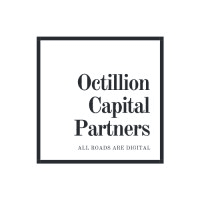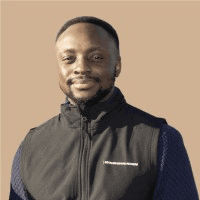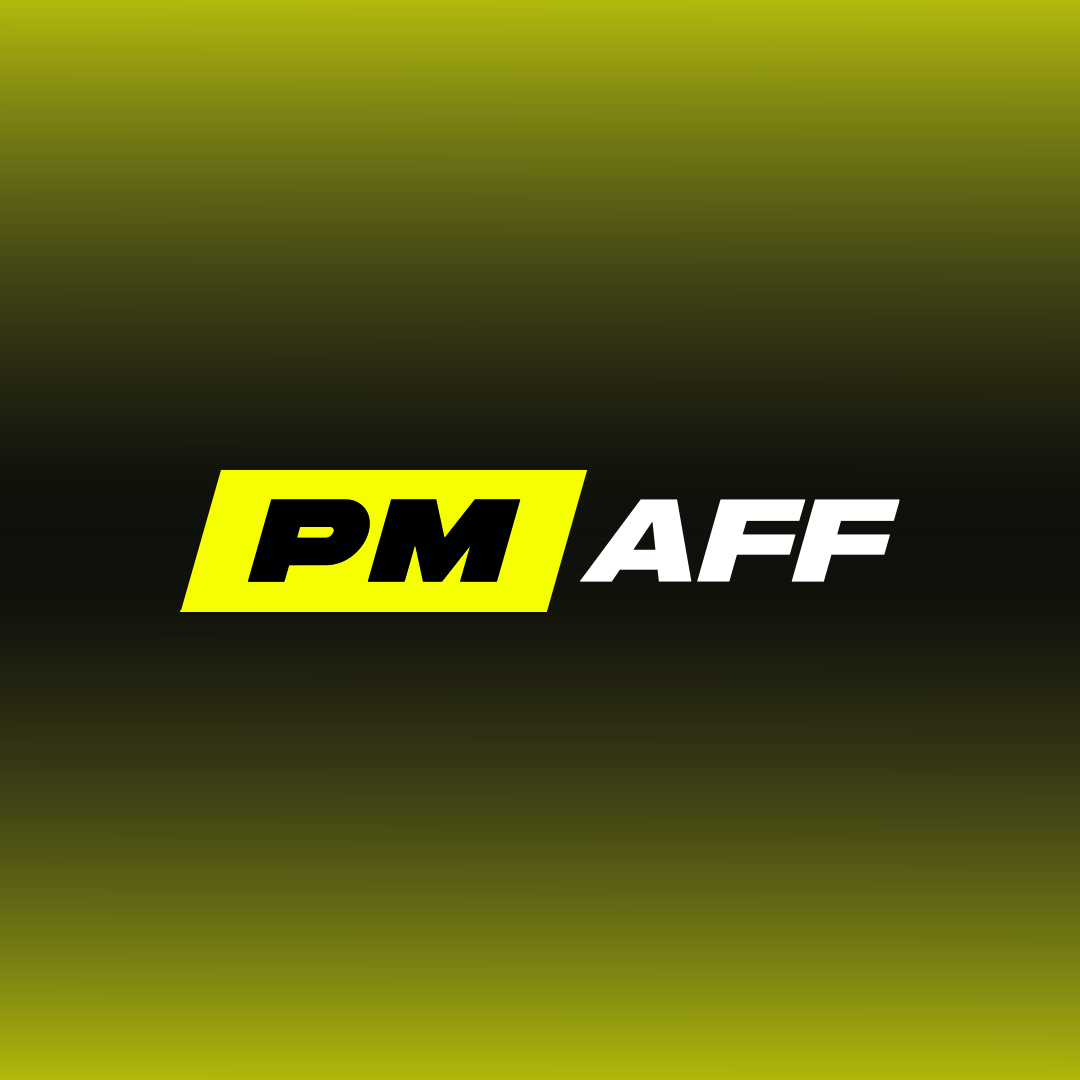How Octillion Capital Partners Is Building an Inclusive Empire of Sustainable E-Commerce Brands


Business Description
Table of Contents
Navigate through the case study sections
Executive Summary
Case Study Content
A New Model in E-Commerce: Octillion Capital Partners Redefines Brand Acquisition
The world of e-commerce has seen an explosion in acquisition entrepreneurship over the past few years. Funds, aggregators, and roll-ups are all searching for established online brands with loyal customers and strong margins. But for Ayo Disu, co-founder of Octillion Capital Partners, opportunity isn't just about acquiring attractive business metrics. It's about building a platform that values sustainability and inclusivity at its core, and in the process, provides economic advancement for underrepresented founders and communities.
The Opportunity: Generational Wealth Transfer & Acquisition Entrepreneurship
There’s a historic $30 trillion wealth transfer happening across the US and Europe as baby boomers entrust their assets to younger generations. For new acquisition entrepreneurs, this isn’t just a number, it’s a pipeline of profitable, proven businesses ripe for new leadership. Ayo sees this as a “once-in-a-generation” opportunity: established SMEs have customers, profits, and systems that, with the right fresh perspective, can flourish. Many owners lack resources or desire for next-level growth. Octillion steps in here, ready to drive performance while honoring the original brand mission.
Why Mission Matters: Preserving and Building on Founders’ Legacies
Acquiring a brand isn’t just a transaction. For Octillion, buying into a founder’s original mission is essential. “If we understand and buy into what the founder was looking to achieve when they started, it makes us very excited, and we’ll work to preserve their legacy while still innovating, ” Ayo explains. Maintaining the soul behind a business ensures continued brand trust with established customer communities.
Inclusion and Sustainability: Not Just Buzzwords, But Growth Drivers
Octillion’s thesis isn’t rooted purely in spreadsheets. Their acquisitions are designed around cultural shifts in consumer behavior and spending. Minority consumers in the US already spend $1 billion annually on health and beauty; in the UK, minority groups spend 25% more than average, jumping to 41% extra in the US. Yet, close to half of Black female shoppers still find it tough to find cosmetics and skincare fit for them. The gap, Ayo argues, is a lack of real inclusivity. That’s money left on the table, especially as the buying power and expectations of minorities keeps rising. Octillion’s approach isn’t to just find inclusive brands, but to strengthen these values after acquisition, opening brands up to wider, multicultural markets.
Sustainability’s also part of this equation. With 1 in 3 shoppers leaving brands over ethical concerns and a massive 600% rise in interest in sustainable shopping since 2020, the pressure is real. Octillion seeks out brands that are beginning this journey, or, at the very least, are ready to map out an honest plan for environmental responsibility. For consumers now, a brand’s ethics are at least as valuable as the product in their hands.
Standing Apart from Amazon Aggregators
Octillion is frequently compared to Amazon aggregators, but Ayo draws a thick line. “We’re channel-agnostic, focus only on specific verticals, health, beauty, food, beverage, and aim for a maximum of 20-30 acquisitions in ten years. We’re not after scale for its own sake.” The company builds operational expertise in one domain before moving to another, ensuring each brand can be truly culture-defining. Unlike aggregators driven by volume and platform dependency, Octillion is about true omni-channel growth, owning the relationship with customers wherever they are.
What Makes a Brand Worth Buying?
For anyone considering building their business for exit, Octillion’s criteria shed light on what makes a deal work:
- High net margins, 15% and up. The brand must control costs or charge a premium.
- Clear moat, a strong niche/community focus or unique product joy.
- Engaged community, repeat customers who are there for more than just the products.
- Profitable, with $250K+ in annual net profit or seller’s discretionary earnings.
- Track record, operating for at least 2 years (3+ is best) for data-driven improvement.
- Lean catalog, less than 40 SKUs keeps things manageable and focused.
- High retention, low dependence on customer acquisition drives.
- Positive, ethical approach, some evidence of sustainability already in place.
- Founder alignment, Ayo values cooperative, responsible, values-driven partners.
Vertical tailwinds matter too, the brand’s sector should have industry-wide momentum. Octillion sees most potential in brands that serve multicultural or overlooked segments with clear, consistent value. If a sector is out of fashion, your job as a founder is a lot harder.
Portfolio Highlights: Real-World Results
Though they’re tight-lipped about specifics for confidentiality, Ayo says Octillion has evaluated a dry foods brand making around $6 million a year at 22% net margin, with just a tiny team. Another minority-owned beauty/hair brand hit $10 million in four years, propelled by a loyal community, though poor financial management blocked stronger profits. The lesson? Scale and community are great, but margin discipline and operational basics remain critical.
The Path Forward: Building an Ecosystem of Liberated Minority Founders
For Ayo and his co-founder, Octillion isn’t just about assembled brands and profit. The ultimate mission is more ambitious: liberating minority commerce founders, arming them with capital and know-how to drive change in their own communities. By creating culture-defining brands, Octillion hopes to spark a virtuous cycle, economic growth, local impact, and a new generation of entrepreneurs who see inclusive, sustainable business as the only option, not the exception.
What Can Entrepreneurs Take From Octillion’s Model?
For founders, there are clear takeaways:
- Modern consumers crave identity, ethics, and shared values, not just transactions.
- Diversity and inclusion must be lived in product development, marketing, and hiring.
- Operational discipline, solid margins, focus, and positive cash flow, will always draw investor interest.
- Mission matters, stand for something, and build your brand community around it.
- If you want to sell your business, prepare your numbers, keep your SKUs focused, and keep loyal customers coming back.
Octillion’s journey shows there’s real upside, and lasting impact, in doing things differently, scaling with integrity, putting culture at the heart, and never ignoring the bottom line.
Business Plan
Market Problem
The e-commerce sector is increasingly saturated with businesses focused solely on profitability, often neglecting sustainability and…
See the full market problemSolution
Octillion Capital Partners addresses these issues by adopting an acquisition entrepreneurship model that emphasizes sustainability,…
See the full solutionTarget Market
Minority-led brands
These brands often lack access to capital and resources; Octillion provides the necessary support to help them grow sustainably.
Conscious consumers
Individuals who prioritize ethical consumption and inclusivity in their purchasing decisions are core to Octillion's market focus.
Competitors
Thrasio
Focuses on acquiring Amazon-based brands but lacks the specific emphasis on minority-led businesses and sustainability.
Perch
Similar to Thrasio, it scales brands quickly but does not prioritize cultural inclusivity in its acquisitions.
Competitive Advantage
Octillion Capital Partners stands out through its commitment to minority leadership and sustainable practices, which are deeply embedded in…
See the full competitive advantageSales and Marketing
To reach their target markets effectively, Octillion will utilize a multi-channel marketing strategy that includes social media, influencer…
See the full Sales and marketing planSuccess Milestones
Establish Brand Partnerships
Identify and initiate partnerships with 5-10 minority-led brands for acquisition.
Launch Marketing Campaign
Roll out a targeted marketing strategy emphasizing inclusivity and sustainability.
Key Takeaways
- 1Octillion Capital Partners leverages the generational transfer of wealth to identify and acquire established e-commerce brands with high growth potential.
- 2Their strategy emphasizes acquiring brands with a clear mission, strong community focus, and high net margins, even if sustainability and inclusivity need further development.
- 3Minority-led leadership and cultural competency are core to Octillion’s acquisition and growth approach, helping address gaps in inclusivity in health, beauty, and food sectors.
- 4Sustainability and ethics are not just trends, they’re critical to long-term brand equity and are a central factor in Octillion’s portfolio growth.
- 5Octillion differentiates itself from Amazon aggregators by focusing on niche verticals, operational excellence, and omni-channel expansion rather than volume.
- 6Founders looking for acquisition should focus on data-driven operations, ethical business practices, lean product catalogs, and mission alignment to attract purposeful buyers.
Tools & Technologies Used
Premium Content Locked
Subscribe to access the tools and technologies used in this case study.
Unlock NowHow to Replicate This Success
Premium Content Locked
Subscribe to access the step-by-step replication guide for this case study.
Unlock NowInterested in Being Featured?
Share your success story with our community of entrepreneurs.
Explore More Case Studies
Discover other inspiring business success stories

How Sebastian Esqueda Scaled to $5M on TikTok Shop
Sebastian Esqueda began dropshipping as a teen YouTuber, then built a testing lab of Shopify stores. Spotting TikTok Sho...
Esqueda Ecommerce Ventures

How a Smart Affiliate Generated $7,460 Profit with Facebook Ads in Bangladesh
In this detailed case study, an affiliate used Facebook Ads to break into Bangladesh’s gambling scene and earned $7,460 ...
Parimatch Affiliates

How Anil Agarwal Generated $16,433 with Bluehost Affiliate Deals
In this case study, we explore how Anil Agarwal leveraged honest affiliate promotions, strategic blogger partnerships, a...
BloggersPassion
